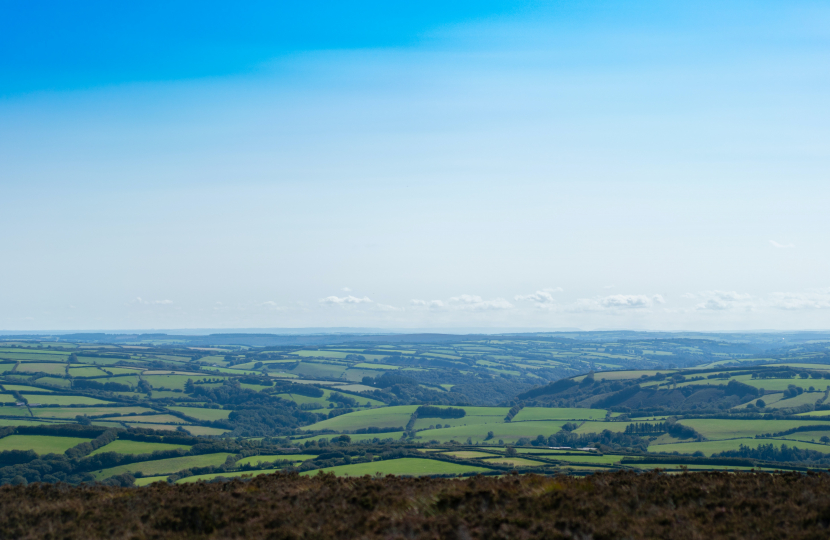
I started farming when I bought two pigs with my student loan eight years ago. Until recently, my wife and I farmed 155 acres of rented ground with 120 cattle, commercial pasture-based farming, and we participated in a Sustainable Farming Incentive (SFI) trial. I am also Cabinet Member at Horsham District Council. The district is home to hundreds of farmers doing the best for their business and nature, and we are lucky enough to have the famous Knepp at the heart.
The council’s ecologist recently helped 27 farmers apply for a Landscape Recovery project, and I am proud to say that their project was one of the 22 selected to move forward. These farmers will rewet and improve over a thousand acres of farmed river brooks, delivering new habitats, improving water quality and exposing a generation of young people to nature.
I campaigned to Leave the EU, and one of the reasons at the core of my argument was that the Common Agricultural Policy was not fit for purpose. Rules that had to support subsistence farming in France equally had to apply for enormous farms in Poland and landed estates in England. It wasn’t working for anyone and had warped farming businesses which weren’t delivering for nature or the nation’s food security.
Its replacement announced in 2019, Environmental Land Management Scheme (ELMs), in many ways, has come on too slowly, but they are rolling out, and I was lucky enough to be part of a Sustainable Farming Incentive (SFI) trial. At the conference, I had the opportunity to speak to CEN members about my experience with SFI.
In order to meet our goals of reversing biodiversity loss, we need to maximise the uptake of ELMs. Fundamentally the amounts paid in SFI are too low, the cost of delivering SFI is significant, and the payments don’t allow for a profit margin.
To improve uptake, we need to increase payment rates. I suggest we look at doing that by encouraging those with highly productive land to focus on producing food, and improvements to hedges and margins should come as part of an integrated pest management plan.
The Landscape Recovery project in Horsham has 27 farmers who brought their ideas together to deliver an improved landscape. I would suggest that landed estates and NGOs owning land should be required to apply for LRs in partnership with farmers or match their funding request with private money. They are best placed to do this as they have large donor bases.
With the money we have freed up with these two changes, we can increase the payment rates. In my trial for our small farm, it only stacked up financially compared to Countryside Stewardship because we were given a £5,000 payment for taking part in interviews.
We must, at all costs, though avoid a return to area-based payments. Nothing could be worse than spending billions of taxpayers' money for no return to nature and losing food security.
Originally published on the Conservative Environment Network website - https://www.cen.uk.com/our-blog-list/2022/10/25/cllr-james-wright-we-ca…




